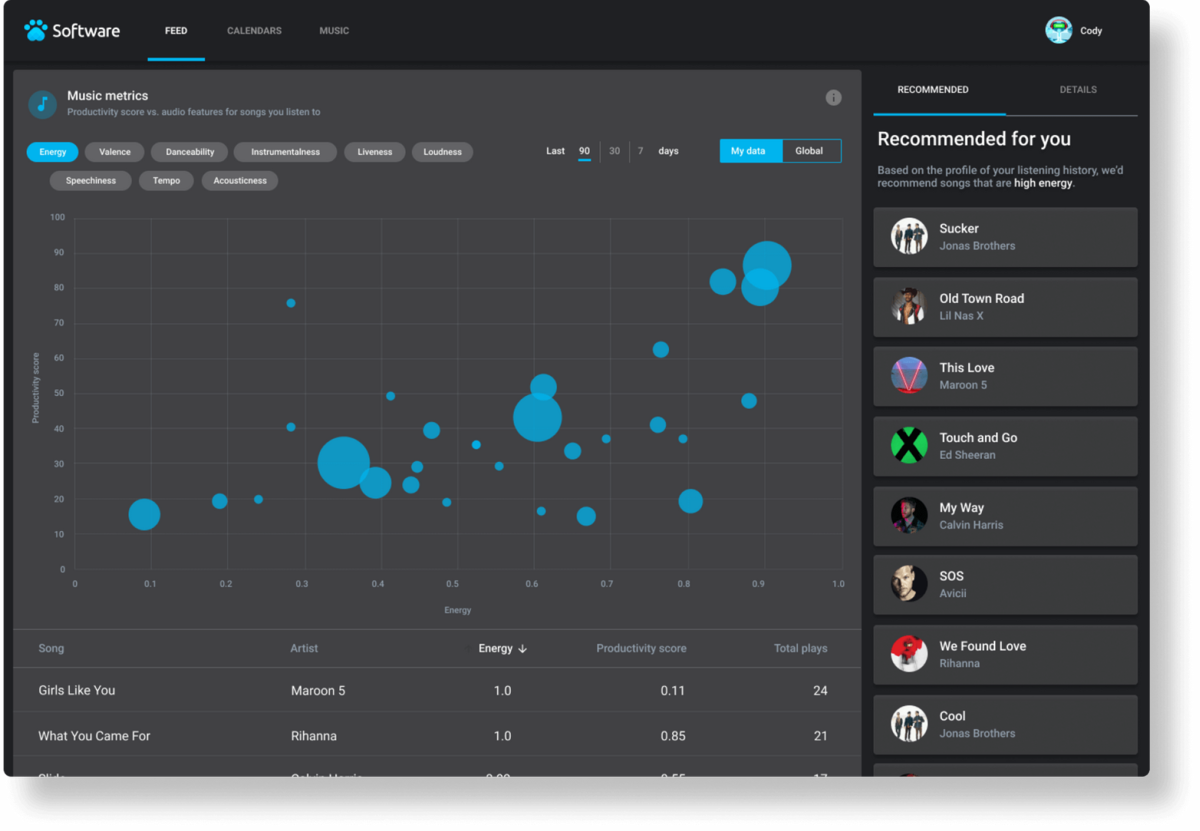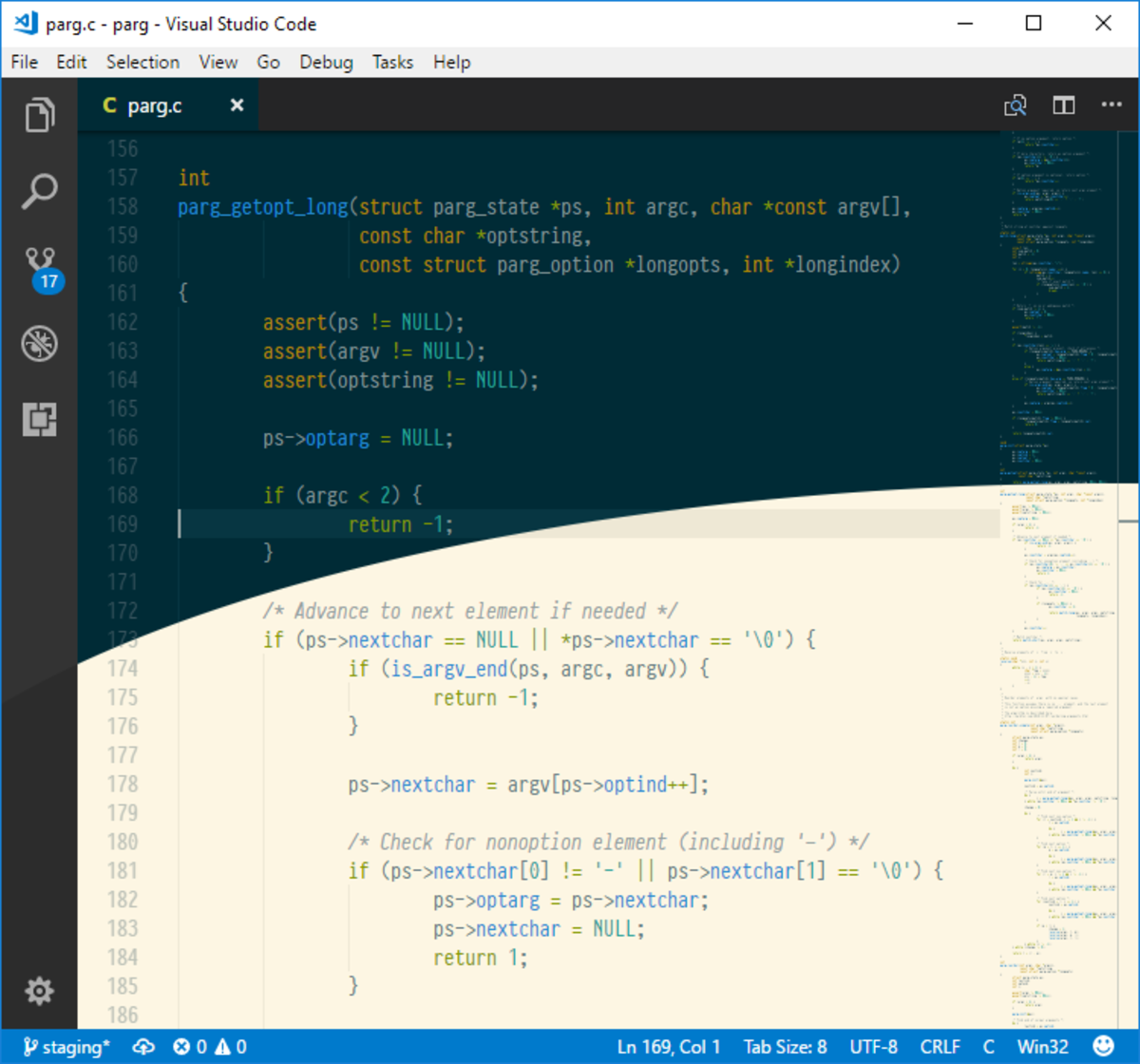This week we’re joined by Daniel Thompson, Co-founder and Core Member of Tauri. It’s been a year since we last had Daniel on the show. He catches us up on all things Tauri, their continued efforts towards Tauri 1.5 (which just released), the launch of CrabNebula and how they’re the people pushing the Tauri ecosystem forward and building on top of it, the state of Electron vs Tauri, and UI with Tauri. He even surprises us with his idea of creating a web browser.
Daniel Thompson: [13:54] And it was really important to us that nothing changed. From the outside, it’s still a militantly driven open source community, that now is supercharged with a handful of engineers being paid full-time to do the research, development and maintenance that a massive project like Tauri needs. And that company is called CrabNebula. We chose CrabNebula because we liked the idea of a place where stars are born. A nebula is a star factory, if you will. And we chose crab because - well, Rust, the icon, the avatar, if you will, is Ferris, the little crustacean/rustacean. Now, obviously, you can’t make a pitch to a VC and say “We’re just going to serve as a charity, and donate all of your money to open source.” Things would be nice if they worked that way maybe… But I think that we’ve found the perfect VC to join us on this trip. That’s JJ from OSS Capital, a West Coast-based venture group that only supports early-stage open source projects; commercial open source projects.
And through JJ and through years and years of being around, we sort of collected an all-star regiment of angels who joined us along the way. I could drop all of the names, maybe you can edit them out, or choose the ones you like, but I think of the almost 30 angels that we have, a good dozen that are really relevant are Naval Ravikant from AngelList, Automattic Inc, the company, the investment arm of Automattic from WordPress fame, Guillermo Rauch, the CEO of Vercel, Thomas Dohmke, the CEO of GitHub, Tom Preston-Werner, the original co-founder of GitHub, Paul Copplestone from Supabase, Justin Hoffman, the former SVP of Elastic… If I didn’t say Bob Young, I’ll say his name again, because he’s amazing… Emad Mostaque, who is the CEO of Stability AI, Clement Delangue, who is the co-founder and CEO of Hugging Face, Dave Teare, the founder of 1Password, Adam Wiggins, the co-founder of Heroku, [16:27] Naveen Rudrappa, the founder of NocoDB… Heather Meeker, if you know Heather; she’s not only the general partner of OSS Capital, but wrote the book on OSS licensing… And we also have a couple of people like Cassidy Williams, who’s the CTO of Contenda; you maybe know her as Cassidoo. Also Tejas Kumar… And I think what drove us to work with this number of angels is getting to know your idols, the people that have built open source, the people who are building open source, and people who are poised to build the next open source, who understand the challenges of not only having a product, but also having the machinery, the understanding, and the ability to innovate into products and new products as they come out.
So that happened, and nothing changed at Tauri. I mean, we kept on building Tauri, in line with our foundations, expectations… But behind the scenes, we are working on a few products. I mean, other than investing time in Tauri, we’re also auditing Tauri; that’s one of the things that we love doing actually, is auditing people’s software that they built with Tauri, with Rust. We just completed an audit for a company called Bloop.ai that uses Tauri. We don’t really do custom development. We do, but we don’t.
[18:05] We will pick from clients who wanted to have something done that aligns with our research goals, if that makes sense. We’re not just out there, cutthroat working for half a million dollars because somebody wants to pay us money to build something for them. I mean, we’d consider it, but it has to align with our research goals; things that we want to know, things that we know that the community needs. Those are the kinds of customers that we’ve been looking for, and been finding.
We also recognized from the beginning that shipping apps is hard. It’s really hard. I mean, anybody can build an app, but once you’re done, how do you distribute it? How do you update it? How do you sign it? And for that, we’re building a platform to empower the people to ship their apps super-easy, super-cheap, and in some cases totally discounted for open source. And we know that - this is gonna get a little political; I don’t know if that’s okay… But we know that the incumbents, like Microsoft, and Apple, and Alphabet, and Meta, and ByteDance, they have vested interests… Well, maybe less ByteDance, but definitely the platforms… They have an interest in keeping a hold over a chokehold, over the app signing process. They keep such a chokehold on it that in my opinion, it’s not talked about enough in the supply chain. That final bit of app signing for GUI apps, and in some cases even CLI apps - that’s just like “Oh, yeah, Apple will take care of that for you. We gotcha, we gotcha. Come here, come here. Just give me your 99 euro –” Or Microsoft changing the game suddenly last April saying “Now do you have to get an extended validation dongle, or HSM. But don’t worry, you can use our super-secure, never-been-hacked Azure platform for that.” Google is a little bit less concerned; I think that anything that impacts their ad business is going to be a problem for them, but apps on devices keeps people on devices, keeps them buying devices, so I think that that’s okay for them.
But when I hear from people from the Tauri community that they are having problems signing their apps… Some people don’t even sign them. They just ship their Microsoft apps without a developer signature, and they’re like “People will deal with it.” And there’s no money solution here. There’s no lobbying we can do, but we can, in Europe at least, get involved with the European Commission and its platform policy work, serving as experts and making sure that these changes are respected, that other types of app stores can be on their devices; other third-party apps can now, starting in April, in the European Union, by law, have to be landing on these devices. And I feel very, very deeply about empowering the citizen developers out there who don’t have the 99 Euro, or who are in a so-called third world country where $99 is just a month of food… But they still can build their apps, but they can’t distribute them, and they have no access to these larger markets; I find that compelling in a very sad way. And I think there’s this mixture of good business, good politics, supporting the community is really in the DNA of CrabNebula. So much to the point that one of our first products that we’re going to be bringing out in Q4 - and you can find out about it just by following our socials - is a dev tool, because debugging anything is hard. Debugging Tauri is triple hard. Web has great dev tools, apps not so much, and we want people to be able to connect their app to an analyzer to figure out where things are going wrong, or getting better.
[22:04] And I understand you’re thinking, “Daniel, this is niche. Not many people are using Tauri.” But the great news is that we’re working together with other partners in the Rust ecosystem to define and use emerging standards, so that the work that we’re doing for Tauri people can be used by, at first, others in the Rust ecosystem, and later other ecosystems as they get interested in it.
I think the final thing that I’d like to point out is that - you asked “How is this possible? How can you keep the energy going, the momentum going?” And in open source projects you generally have like three or four models. One, a company sits on top, puts its thumb down… It’s not even a benevolent dictator; it’s like “We’re doing this now this way. We’re calling our project open source, and later on we can rug-pull.” But another one is benevolent dictator, who decides the way the project goes, generally takes all of the funds, and other people will contribute as they have time; people come, people go. And what we have with Tauri though is really quite compelling, because from the core team, five of the people are still around almost five years later. And I think that that’s a testament to the fact that we really enjoy doing it. And yet, I don’t believe that it should be just the goal of one company sitting in Malta to finance an entire open source project. And we do have donors, and that’s amazing… I think where things are tending toward is toward applying for more systemic grants, where we apply for funding from the European Commission, from organizations like NLnet, and potentially even other companies come and recognize the value that they’ve gotten from the community and start giving back. I don’t know, I think that that’s a very long, long play, expecting people that get something for free to give back to a community that they’re not so much involved in.








